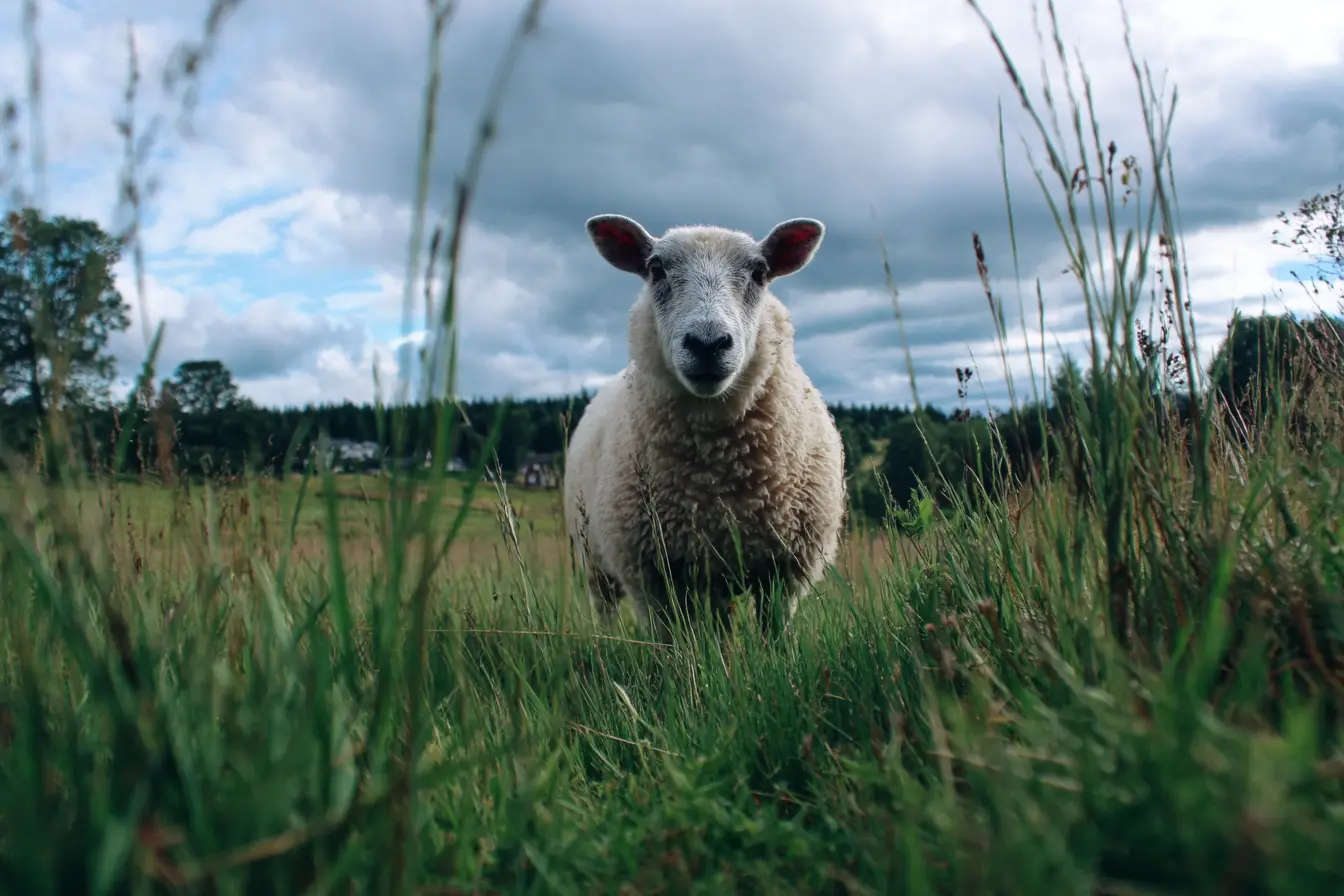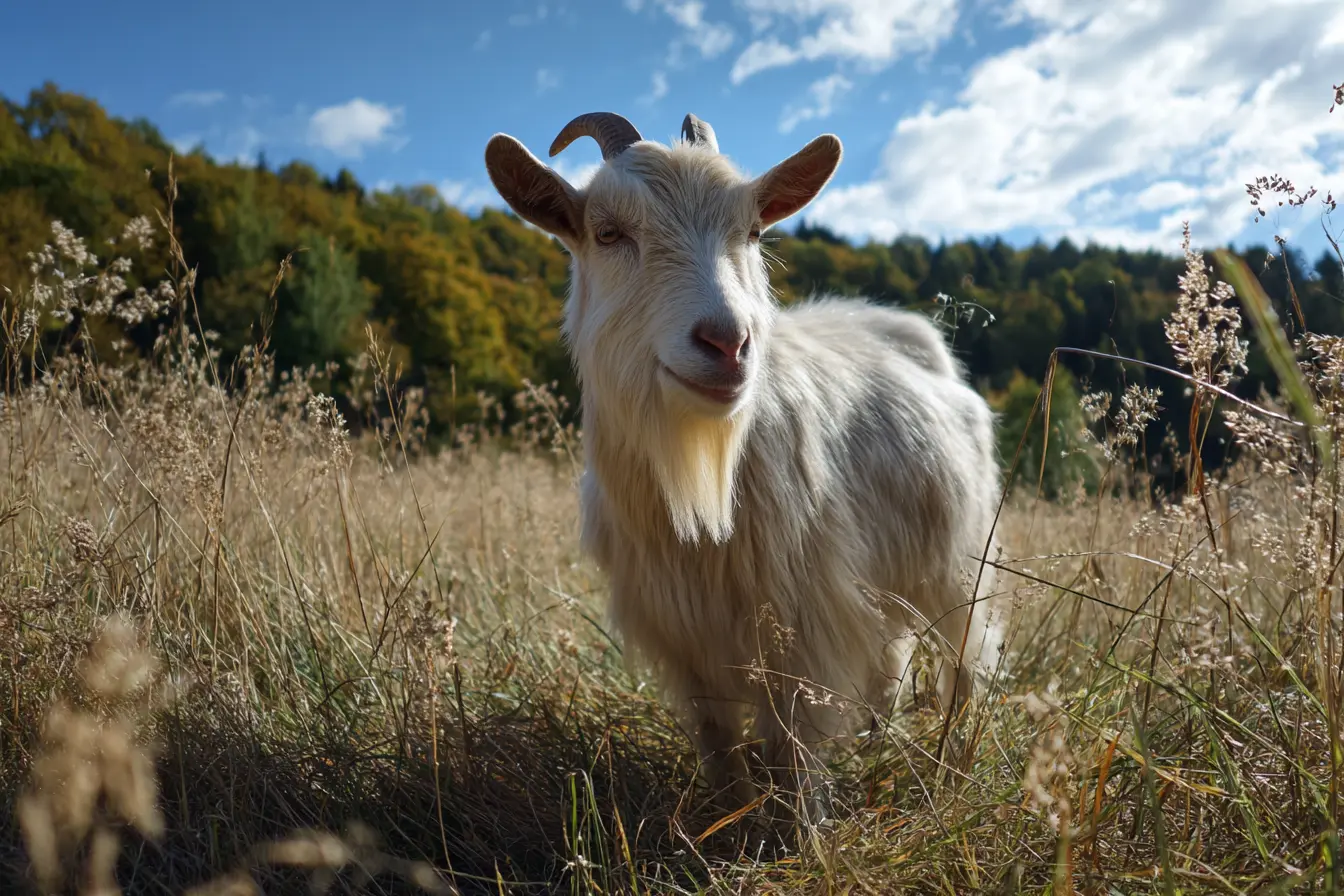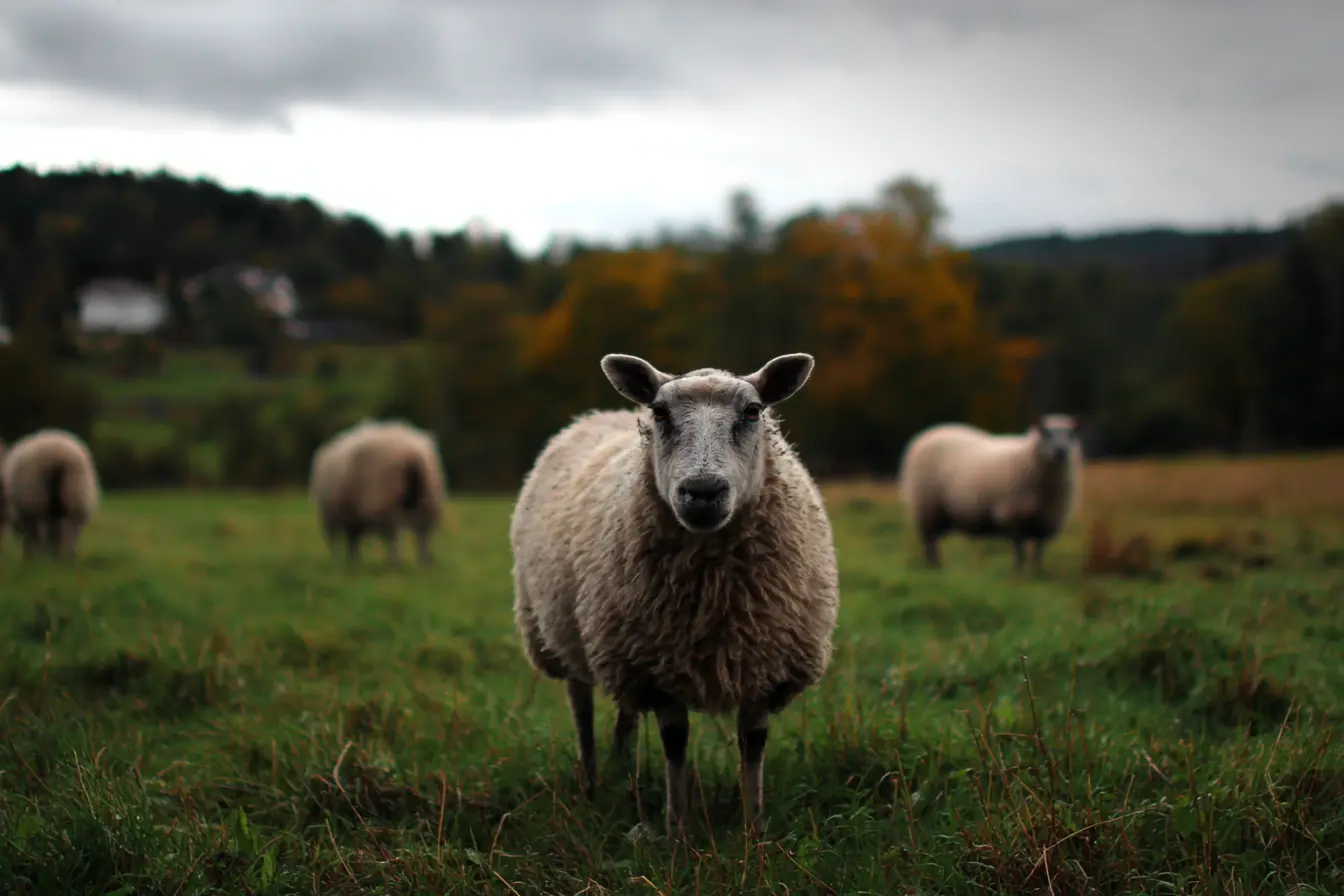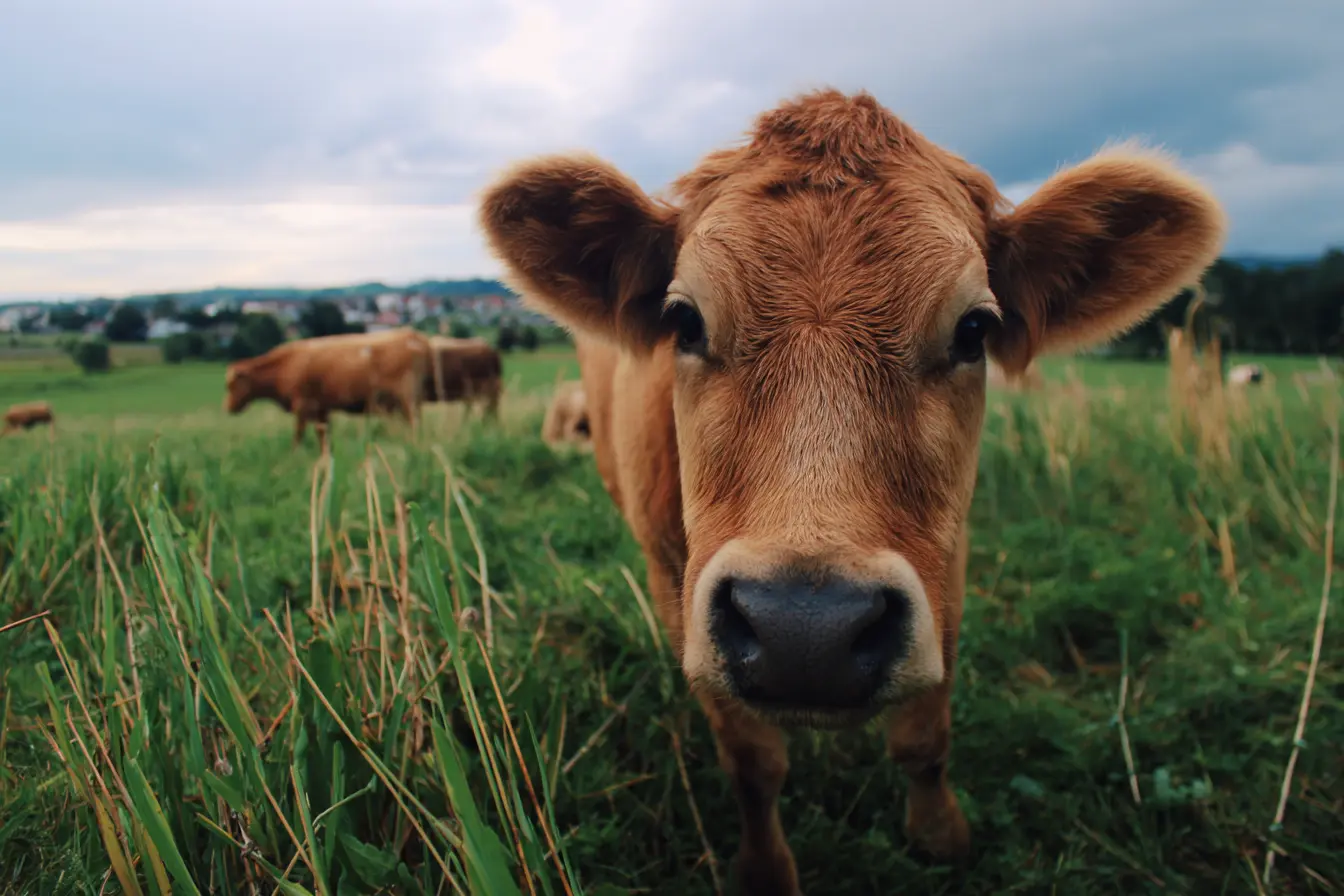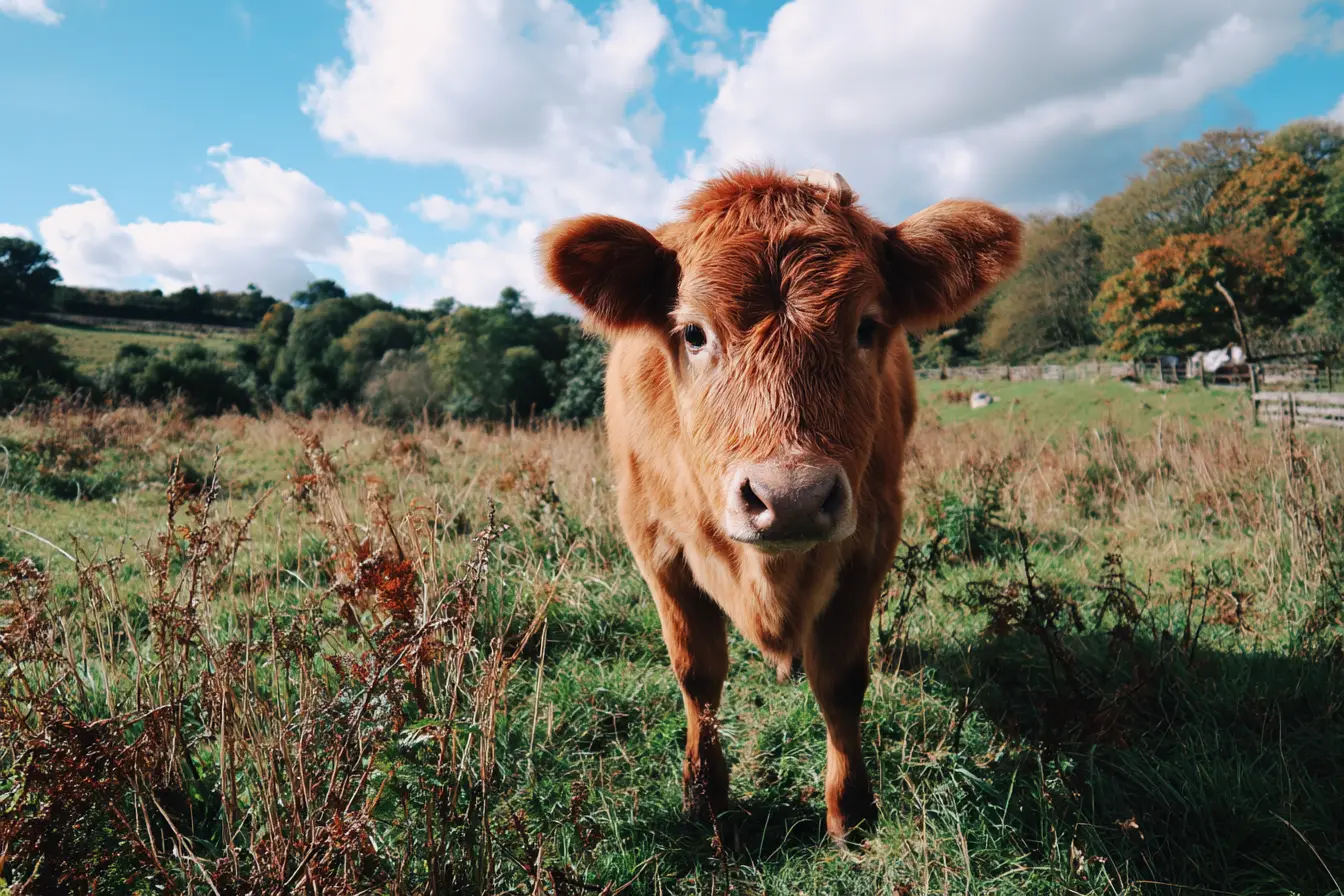
Livestock Vaccine Shortages: A Growing Challenge for UK Farmers and Vets
Livestock health is a cornerstone of the UK’s agricultural industry, yet a concerning issue has emerged over the past few years: shortages of vital livestock vaccines. This post delves deep into the causes, impacts, and what you, whether a vet, landowner, or farmer, need to know.
Why Are Livestock Vaccine Shortages Happening?
Livestock vaccines play a crucial role in protecting herds against diseases like Bovine Viral Diarrhoea (BVD), Infectious Bovine Rhinotracheitis (IBR), and clostridial diseases. Unfortunately, a confluence of factors has created bottlenecks in supply chains, including:
-
Manufacturing Constraints: Many livestock vaccines have complex production processes that rely on live biological components. Any interruption, whether it is equipment failure or contamination, can significantly delay manufacturing.
-
Regulatory Hurdles: Licensing and quality control standards are stringent for veterinary medicines. While essential for safety, these regulatory processes can slow down the ramp-up of new or replacement supplies.
-
Global Supply Chain Pressures: The global COVID-19 pandemic, Brexit-related trade challenges, and disruptions in global logistics have combined to reduce imports and delay shipments of critical raw materials and finished vaccines.
-
Increased Demand: Livestock populations remain high, and farmers continue to push for disease prevention to meet environmental and animal welfare standards. This demand surge has outpaced vaccine production in some areas.
Affected Species and Vaccines
The impact of these shortages varies by species and disease. Here’s a closer look at which vaccines and animals are currently affected:
Cattle
- Clostridial Diseases: Vaccines protecting against diseases like blackleg and tetanus are in short supply.
- Pasteurellosis: Vaccines for respiratory diseases caused by Pasteurella multocida are limited.
- Leptospirosis: Vaccines targeting Leptospira hardjo and Leptospira borgpetersenii have reported supply issues.
- Bovine Viral Diarrhoea (BVD): Availability of BVD vaccines has been inconsistent.
Sheep
- Enzootic Abortion (EAE): The Cevac Chlamydia vaccine faced shortages, though stock levels have recently improved.
- Toxoplasmosis: Vaccines for Toxoplasma gondii are experiencing supply constraints.
- Clostridial Diseases: Similar to cattle, vaccines for clostridial infections are limited.
- Orf: Vaccines for the contagious skin disease orf are in short supply.
Pigs
- Erysipelas: Vaccines for Erysipelothrix rhusiopathiae are facing availability issues.
- Porcine Parvovirus: Vaccines for reproductive diseases caused by parvovirus are limited.
- Mycoplasma hyopneumoniae: Vaccines for enzootic pneumonia are experiencing supply challenges.
Poultry
- Infectious Bronchitis: Vaccines for this respiratory disease are in short supply.
- Newcastle Disease: Availability of vaccines for this highly contagious disease is inconsistent.
- Avian Influenza: Vaccines for certain strains are facing supply constraints.
The Latest Developments: RUMA’s Nationwide Survey
In response to mounting concerns, the Responsible Use of Medicines in Agriculture (RUMA) Alliance launched a UK-wide survey in early June 2025. The survey aims to gather insights from both vets and farmers to understand the scale and impact of the vaccine shortages. This proactive approach reflects growing awareness that livestock health is not just a matter of profitability, but also of sustainability and animal welfare.
The survey seeks to answer questions like:
- Which vaccines are currently most difficult to source?
- How are shortages affecting farm management and disease prevention?
- What contingency plans are vets and farmers implementing in response to these gaps?
Impacts on Farmers, Vets, and Saleability
The shortage of livestock vaccines is causing significant strain on farm operations and has direct implications for the saleability of both live animals and animal products.
-
Increased Disease Risk: Without timely vaccination, herds are more susceptible to infectious diseases that can spread quickly and cause substantial economic losses.
-
Reduced Productivity and Quality: Animals without protection from essential vaccines may suffer from disease-related stress, reduced weight gain, lower milk yields, and compromised meat or milk quality. This can result in lower market prices and a weakened competitive position for farmers.
-
Movement Restrictions and Market Access: Disease outbreaks linked to missed vaccinations can trigger movement bans and trade restrictions. For instance, breeding sheep experiencing an outbreak of enzootic abortion, or pigs with erysipelas, may not be allowed to move to new farms or be sold at market, cutting off critical revenue streams.
-
Buyer Confidence and Reputation: Buyers and processors look for suppliers who adhere to high welfare and biosecurity standards. Persistent disease issues can damage a farmer’s reputation and limit their ability to sell animals or products.
-
Economic and Logistical Costs: When animals cannot be sold at the right time, they must be held for longer, incurring additional feed and housing costs. This further erodes farm profitability and sustainability.
-
Stress and Uncertainty: Vets and farmers are under added pressure to balance animal health and biosecurity measures with limited resources, and to find ways to mitigate these impacts on their livelihoods.
Strategies for Coping with Shortages
Despite these challenges, there are practical steps that landowners, vets, and farmers can consider:
- Prioritise Essential Vaccinations: In consultation with your vet, review your herd’s health status and prioritise the most critical vaccines.
- Implement Biosecurity Measures: Strengthen biosecurity practices to reduce the risk of disease transmission, such as strict quarantine for new stock and enhanced hygiene on-farm.
- Participate in Surveys and Industry Feedback: Engage with initiatives like RUMA’s survey to help policymakers and industry groups understand and address the situation.
- Stay Informed: Regularly monitor updates from manufacturers, veterinary associations, and farming organisations about supply forecasts and availability.
Policy and Industry Response
The vaccine shortage is not an isolated issue. It touches on wider questions of how the UK can build more resilient agricultural and veterinary supply chains. Policymakers, too, are being urged to consider:
- Supporting domestic vaccine manufacturing capacity: To reduce reliance on imports.
- Fast-tracking regulatory processes during emergencies: While maintaining safety standards.
- Enhancing data sharing and transparency: Between producers, distributors, vets, and farmers to better predict and manage demand.
Conclusion
The UK’s livestock sector is navigating a complex and evolving situation with vaccine shortages that are testing the resilience of farming operations and animal welfare systems. The impact on the saleability of animals and products highlights just how interconnected these issues are with farm profitability and sustainability. By staying engaged, sharing insights, and adopting robust farm management practices, farmers, landowners, and vets can help mitigate these challenges and advocate for long-term solutions.
If you have experience with these shortages or would like to share your perspective, feel free to comment below or get in touch. Let’s keep this conversation going and support each other through these testing times.
Vets near you
Speciality vets
- Aquatics vet specialists
- Birds vet specialists
- Camelids vet specialists
- Cats vet specialists
- Cattle vet specialists
- Deer vet specialists
- Dogs vet specialists
- Equines vet specialists
- Exotic vet specialists
- Goats vet specialists
- Pigs vet specialists
- Poultry vet specialists
- Sheep vet specialists
- Small Mammals vet specialists
- Wild vet specialists
Vet facilities
- Accessible by public transport
- Blood testing
- Car park nearby
- Client car park
- Dentistry
- Diagnostic imaging
- Disabled public access
- Flea and worm treatments
- Microchipping
- Mobile services
- Neutering
- Open at weekends
- Out-of-hours service
- Referral interests
- Referrals only
- Street parking outside
- Toilets available
- Vaccinations
